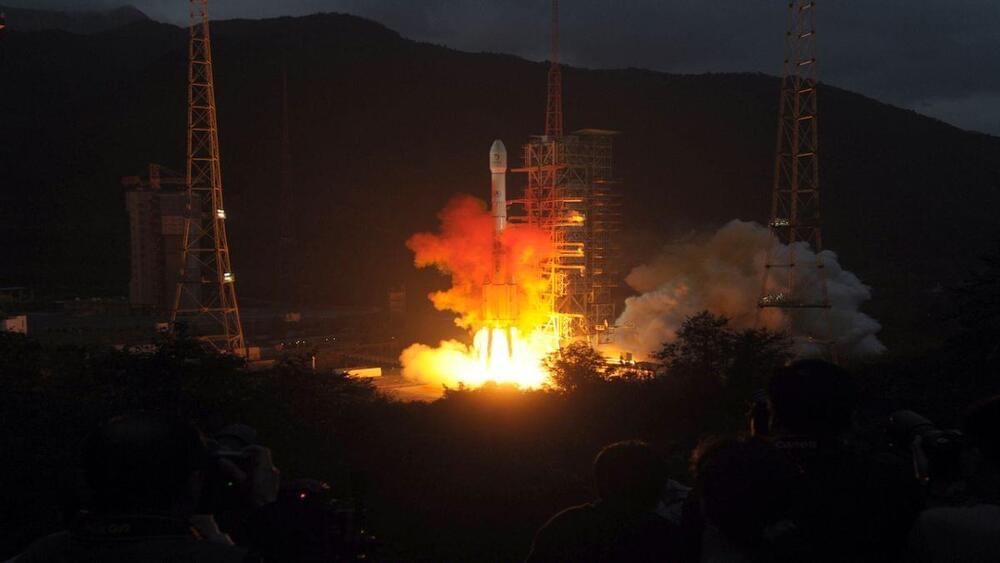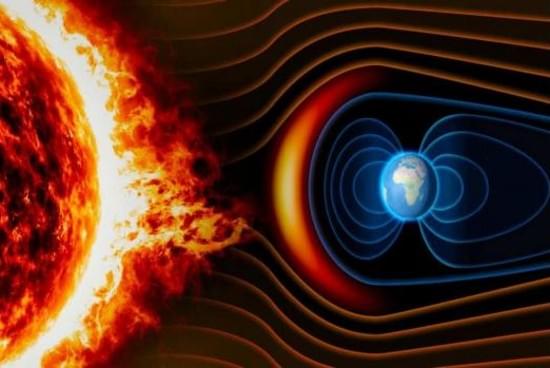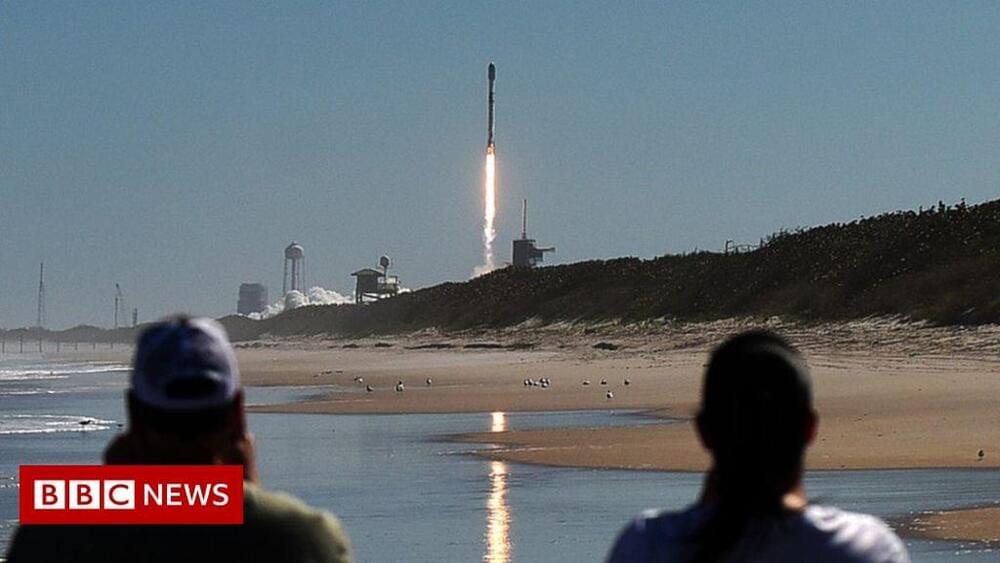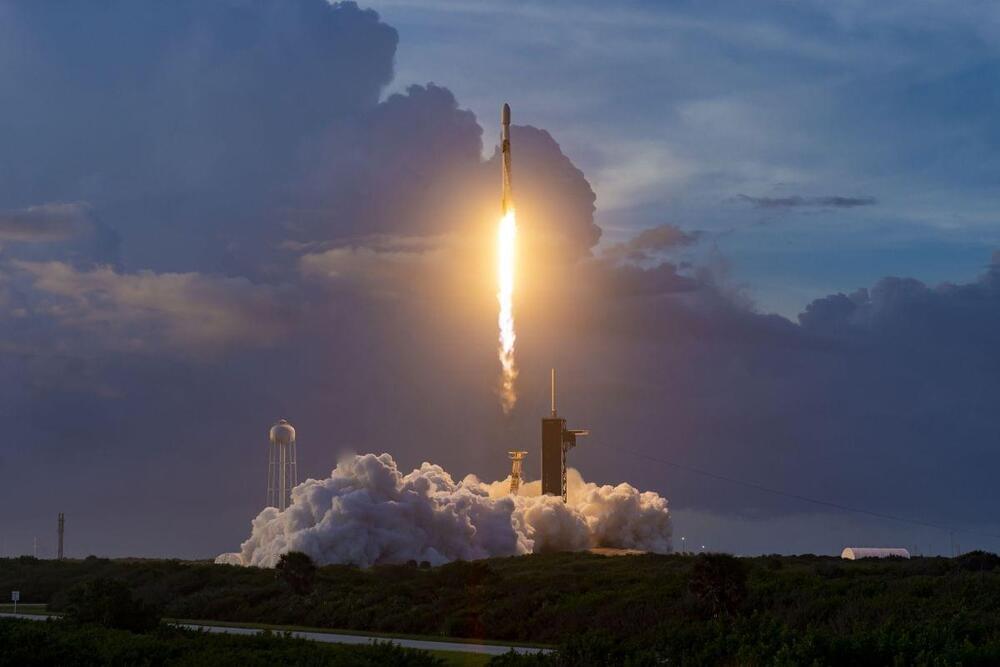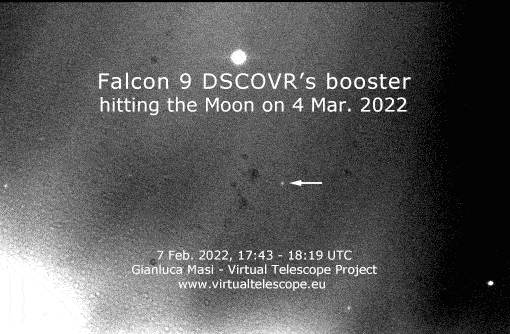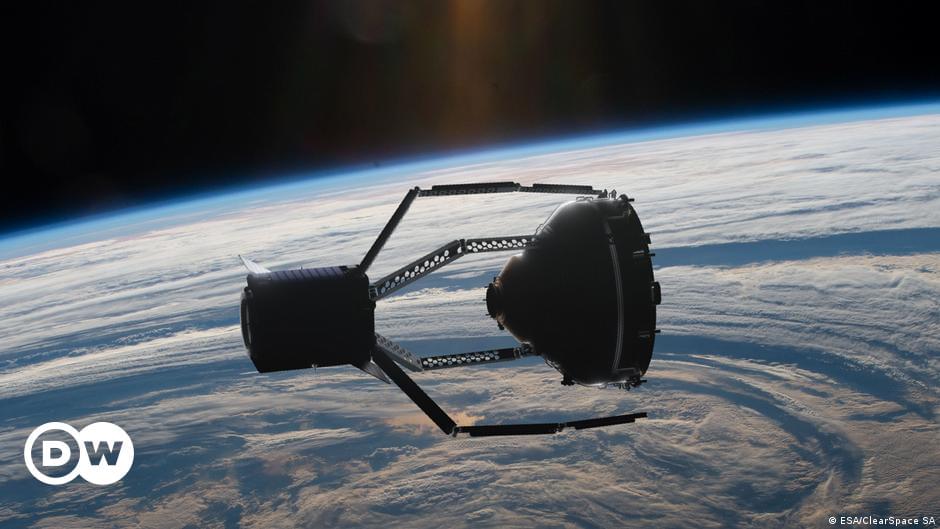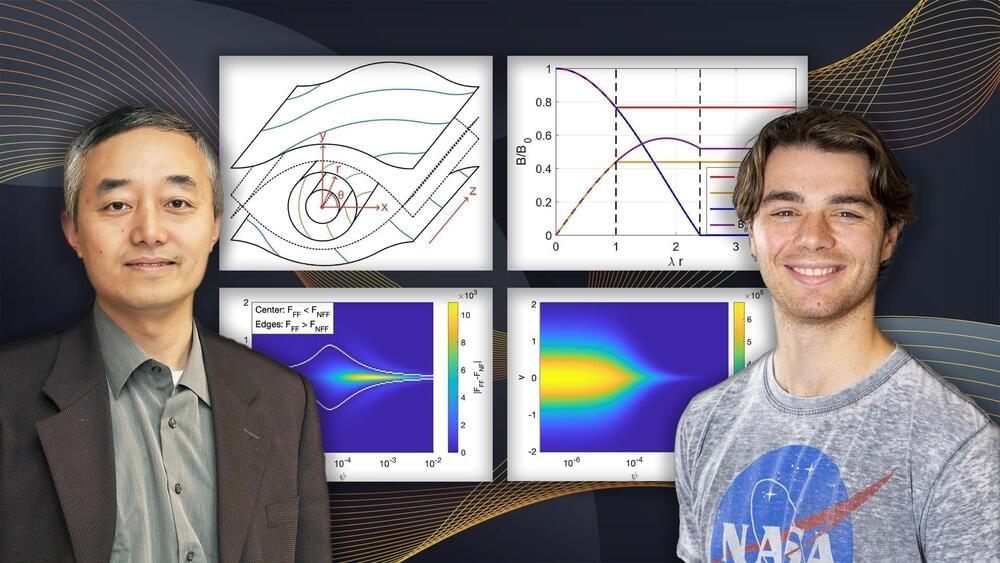Ooooops!!
A rocket stage set to smash into the moon on March 4 is no longer believed to be a piece of a SpaceX Falcon 9 rocket, but rather a booster from a Chinese rocket sent to the moon in 2014, experts say.
Bill Gray, an astronomer and the developer of the asteroid tracking software Project Pluto, initially identified the errant space junk (which had been given the temporary name WE0913A) as the upper stage of a Falcon 9 rocket, predicting that the debris would collide with the moon after hurtling through space for seven years.
Gray now believes his initial assessment was wrong, and he has updated his blog post with a correction. The doomed object isn’t the SpaceX upper stage — launched in February 2015 to send the Deep Space Climate Observatory satellite, or DSCOVR, 930,000 miles (1.5 million kilometers) from Earth — but is actually a rocket booster from China’s 2014 Chang’e 5-T1 mission, which launched on October 2014, he said.
The object is set to hit the moon traveling at roughly 5,771 mph (9,288 km/h) on March 4.
